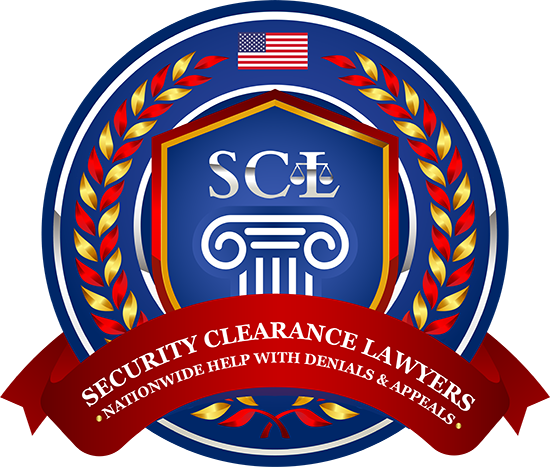A statement of reasons (SOR) is a pivotal document in the security clearance process that outlines the specific concerns or allegations that may lead to a denial or revocation of a security clearance. When facing an SOR, it is essential to respond strategically and effectively to address the concerns raised. This comprehensive guide will help you understand the significance of an SOR, provide insights into crafting a strong response, and highlight the critical role of a skilled security clearance lawyer in navigating this complex process.
Understanding the Statement of Reasons (SOR): A. Purpose and Contents of an SOR:
- Explanation: Define what an SOR is and clarify its purpose as a detailed document that outlines the reasons behind a potential security clearance denial or revocation.
- Components of an SOR: Discuss the typical elements found in an SOR, such as adverse information, disqualifying factors, and specific incidents or patterns of behavior.
Reviewing the SOR:
- Thorough Examination: Emphasize the importance of carefully reviewing the SOR to understand the allegations, evidence presented, and potential impact on the security clearance decision.
- Legal Analysis: Highlight the need for legal expertise to assess the implications of the allegations, identify potential weaknesses, and formulate an effective response strategy.
Crafting a Response to an SOR: A. Consultation with a Skilled Security Clearance Lawyer:
- Importance of Legal Guidance: Emphasize the critical role of a skilled security clearance lawyer in helping you navigate the complexities of responding to an SOR.
- Expert Analysis: Discuss how a lawyer can analyze the SOR, identify potential legal arguments, and guide you in presenting a strong and persuasive response.
Responding to Each Allegation:
- Addressing Adverse Information: Provide guidance on how to refute or provide mitigating context for each allegation contained in the SOR.
- Collecting Supporting Evidence: Encourage individuals to gather any supporting documentation, testimonials, or expert opinions that can challenge the allegations and support their credibility, reliability, or rehabilitation efforts.
Demonstrating Rehabilitation and Growth:
- Highlighting Positive Changes: Assist individuals in illustrating their personal growth, rehabilitation, and commitment to addressing any disqualifying factors mentioned in the SOR.
- Documenting Rehabilitation Efforts: Explain the significance of providing evidence, such as completion certificates for treatment programs, testimonials from mentors or counselors, or records of continued compliance with legal requirements.
Building a Strong Response: Clear and Concise Communication:
- Organization and Structure: Advise on structuring the response in a clear and organized manner, addressing each allegation separately and providing a comprehensive overall response.
- Factual Accuracy and Professional Tone: Stress the importance of maintaining accuracy, truthfulness, and professionalism throughout the response.
Legal Strategy and Arguments:
- Legal Analysis and Arguments: Discuss how a skilled security clearance lawyer can help develop legal arguments, cite relevant laws and regulations, and present persuasive reasoning to counter the allegations.
- Identifying Weaknesses in the SOR: Explain how a lawyer can identify potential weaknesses in the SOR, including gaps in evidence or procedural errors, to strengthen the response.
The Role of a Skilled Security Clearance Lawyer: A. Expertise in Security Clearance Matters:
- Experience and Knowledge: Highlight the specialized expertise that a security clearance lawyer brings to the table, including a deep understanding of clearance regulations, case precedents, and legal strategies.
- Strategic Guidance: Discuss how a lawyer can provide strategic guidance, mitigate risks, and maximize the chances of a successful outcome.
Assisting with Reconsideration or Appeals:
- Reconsideration Process: Explain how a security clearance lawyer can assist in the reconsideration process by developing a compelling response, submitting additional evidence, and addressing any concerns raised during the initial adjudication.
- Appeals: Discuss the lawyer’s role in navigating the appeals process, including preparing necessary documents, adhering to deadlines, and presenting arguments before an administrative board or reviewing body.
When facing a statement of reasons (SOR), it is crucial to respond effectively by seeking guidance from a skilled security clearance lawyer. A lawyer can provide invaluable expertise, analyze the SOR, develop a strong response strategy, and advocate for your interests throughout the security clearance process. By partnering with a qualified attorney, you can increase your chances of a successful outcome and safeguard your career aspirations.














